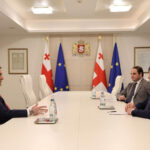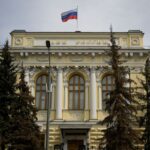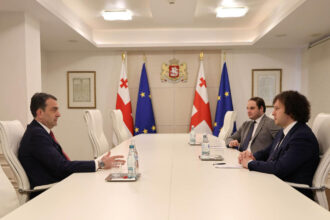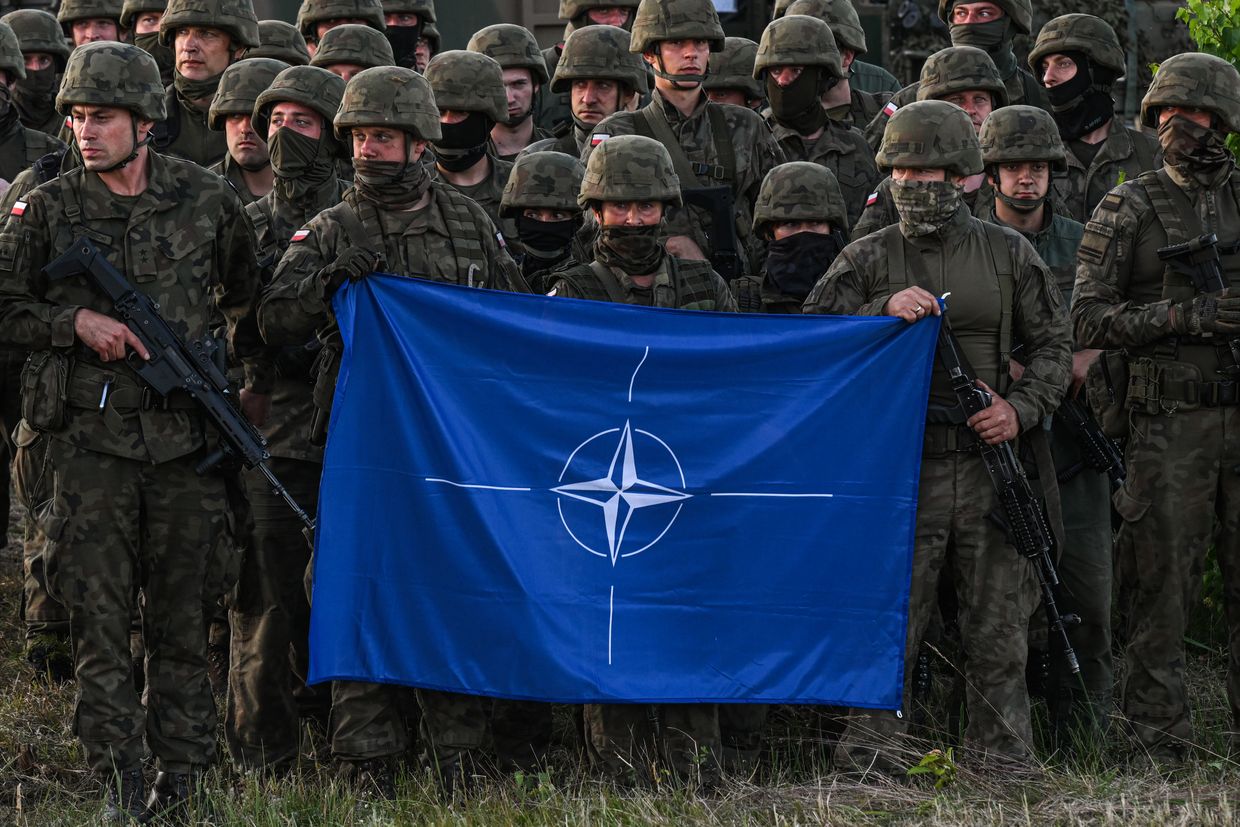**Russia’s Economy on the Brink**
The Russian economy is facing a severe crisis, regardless of whether the war in Ukraine ends soon or continues for years to come. The Central Bank has raised interest rates to 21%, but this may not be enough to combat inflation and economic challenges.
**Unusual Economic Trends**
There are several unusual features of the Russian economy that suggest it’s not as stable as claimed. The high interest rate is more than double the official annual inflation rate, which could indicate that actual inflation is much higher than reported. This, combined with loan volume growth despite high rates, raises concerns about credit risks and defaults.
**Budget Spending and Sanctions**
The Russian government plans to increase budget spending by nearly 12% in 2025, which far exceeds even optimistic GDP growth projections. This is a recipe for disaster, as it’s unlikely that the economy can support such an increase. Direct military spending is also expected to reach unprecedented levels.
**War-Related Spending and Sanctions**
The revival of the Russian economy in 2023-24 was attributed to stable oil and gas revenues and significant growth in war-related government spending. However, this reliance on sanctions-evading strategies and war-related spending creates a trap that will be difficult to escape when the war ends.
**Stagflation and Economic Crisis**
The Russian Central Bank and parliament are warning of stagflation (recession combined with high inflation), which is likely to lead to a severe economic crisis. The only question is when this crisis will occur. Ending the war may not solve the economic problems, as it could trigger a major downturn and crisis.
**Social Consequences**
The war has created a “war party” in Russia, where officials have gained new avenues for corrupt enrichment and businesses have filled market gaps left by Western companies. This has led to increased incomes for millions of people, but also creates social tensions that will be difficult to resolve when the war ends.
**Sanctions Reform Needed**
To address this crisis, it’s essential to enhance sanctions to meaningfully reduce Russia’s export revenues and restrict imports of critical technologies and equipment. Closing enforcement loopholes and encouraging the maximum outflow of capital would also serve this goal.
**Conclusion**
Russia’s economy is facing a deep economic crisis, regardless of whether the war ends soon or continues for years to come. Enhancing sanctions and reforming them to be more effective could help mitigate this crisis, but ultimately, it’s up to Russia to find a solution to its economic problems.













